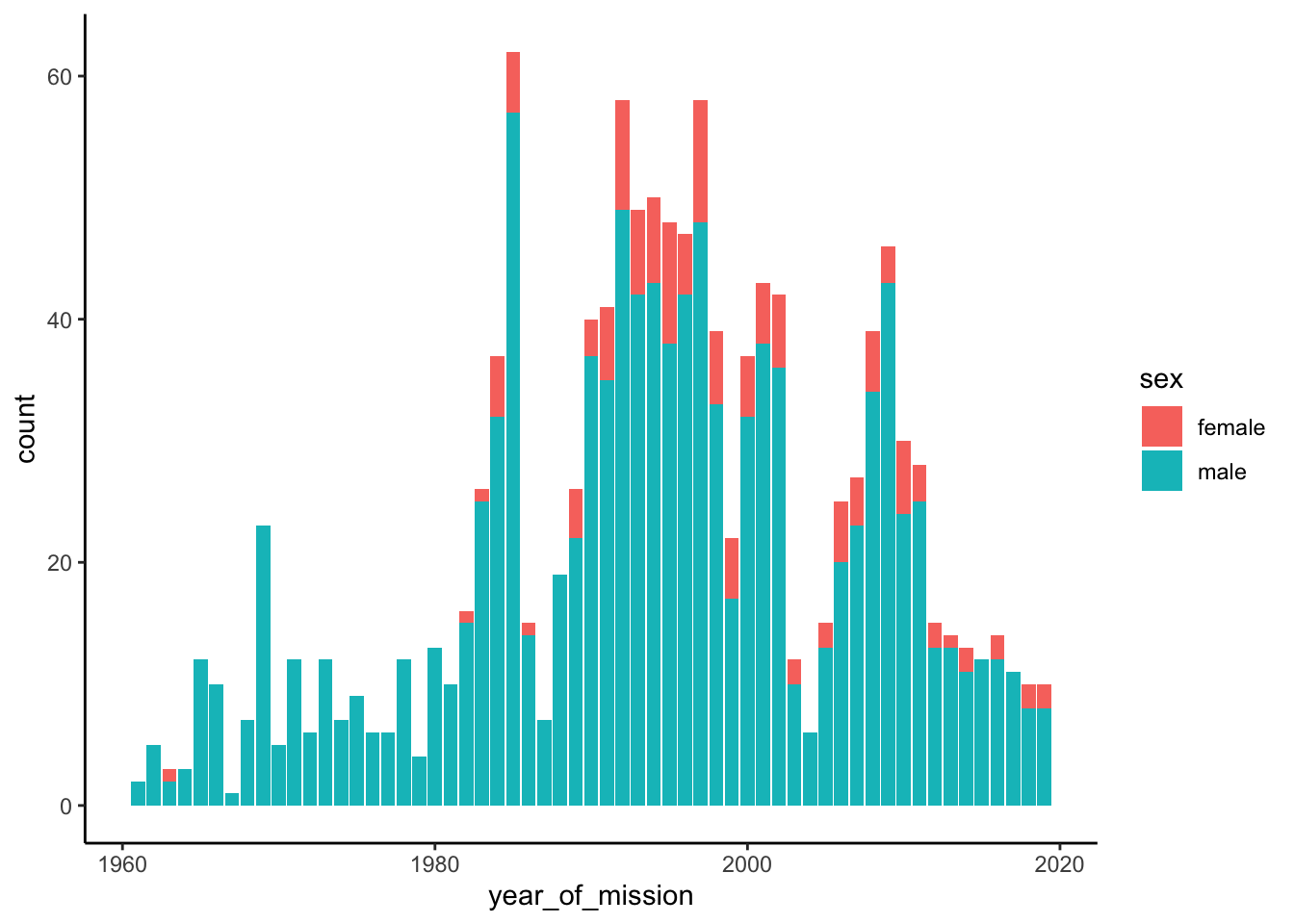Bezos, Branson & Musk's Billion $ Space Jam
Star Tours: The Empire likes Stacks 💰
In 1961, decades before Earth's mightiest bachelors went where no Amazon delivery drone has gone before, Soviet cosmonaut Lt. Yuri Gagarin became the first human to visit space, successfully circling our little blue marble at a speed of 17,000 mph for 108 minutes.
While Gagarin was not the first earthling to leave Earth's atmosphere (that distinction goes to a dog named Laika and two rhesus monkeys, Baker & Able), his rocket's red flare was the flashpoint to ignite the Space Race, a battle of egos with stakes much higher than any terrestrial Olympic stage.
In 1975, once moons had been walked, Mars had been probed, and Cold Wars had thawed, our pair of star-crossed discoverers would finally unite for the Apollo-Soyuz project closing the iron curtain on their cosmic contest altogether just 14 years after Lt. Yuri’s historic joyride.
The US & now China account for 84% of global investment in space exploration (71% & 13%, respectively). However, public funding only amounts to only 27.2% of the $72 Billion ($19.8 Billion) of cash spent on launching tin cans into space over the last decade (2010-2019).
So where are these other Billions in Spacebucks Coming From?
This week, Wonder explores why billionaires Musk, Bezos & Branson (among others) are looking to the skies for their next unidentified buying prospect.
Source: EuroConsult
The "Harvard Club" of Humanity.
What do you give the man who has it all? If you just happen to be a billionaire and that “man” is, well, yourself, perhaps an outbound ticket from Planet Earth may tickle your fancy.
That's because to leave the Earth's surface and bask (and/or gasp) in the vacuum of space is one highly exclusive coterie.
Only 574 human beings in all of history have achieved the feat of bonafide space travel as determined by the Fédération Aéronautique Internationale (FAI).
The FAI are the gatekeepers of what qualifies as an actual spaceflight (pulling double duty as the world governing body for air sports–very cool) and define spaceflight as "any flight above 100 kilometers (62.14 miles) from the earth's surface" represented by the theoretical boundary known as the Kármán Line.
Here's where Earth's sovereign little scrums stack up:
🇺🇸 USA: 367
🇷🇺 Russia: 119
🇯🇵 Japan: 12
🇩🇪 Germany & 🇨🇳 China: 11
🇨🇦 Canada & 🇫🇷 France: 10
🇮🇹 Italy: 7
Kazakhstan, Ukraine & the UK: 4, Netherlands: 3, Belgium & Bulgaria: 2, and twenty-four countries: 1
the number of astronauts who achieved spaceflight over the last 60 years (denoted by gender).
Source: Science Direct
Close Encounters of the Nerd Kind.
Virgin Galactic's Richard Branson (net worth: $4.8 billion) and Blue Origin's Jeff Bezos (net worth: $207.7 billion) both* made history last month when they went to space.
*Well, technically, Richard Branson's flight only covered around 282,000 feet or 53.2 miles (about 9 miles shy of FAI-approved spaceflight), while Bezos did cross the Kármán Line, hitting an altitude of 66.52 miles (8.7 miles past Branson).
Unlike Dogecoin, Elon Musk (net worth: $160.4 billion) skipped out on last month's galaxy quest with his fellow extra-cash-terrestrials. However, the SpaceX founder has put down a $10,000 deposit to fly with Virgin Galactic on a future trek. The most recently stated full-ticket price is estimated at $250,000.
But we already know that a quarter of a million is kind of a waste of Space, at least in the eyes of the Sith Lords over at the FAI.
So much does it cost to leave the comfort of Earth's watery surface? Here are the "hidden figures":
According to NASA, it cost $81 million for a seat aboard a Russian Soyuz rocket to send astronauts to the International Space Station (ISS).
While SpaceX envisions reducing the cost of space travel to $2 million, the average NASA launch costs $152 million.
Branson's trip cost him approximately $841 million for 4 minutes of spaceflight (about $210 million per minute or $350K per second). The trip was partially funded by the Abu Dhabi sovereign wealth fund and governments of Italy and New Mexico.
Jeff Bezos spent approximately $5.5 billion to visit the edge of space for just 4 minutes. Broken down, the trip cost Blue Origin $550 million per minute or $92K per second of flight.
For reference, Bezos pockets $3.20 per minute just hanging around on his earthly couch. So as to where the former book-baron should be spending his hard-earned passive income? We can't really say...
...but perhaps, "It was Earth, all long."
Source: Morning Consult
Check out the full report on everything you ever wanted to know about the past, future, and cost of Space Travel, including:
Major Accomplishments in Space Travel
The cost of Space Travel vs. Basic Human Needs
Public Perception of Space Travel
Timeline for Mars and Moon Colonization
...and everything else under the Sun! ☀️
View Research Here
How can we help free up some space this week? 🚀
This piece is powered by Wonder, Wonder is an on-demand knowledge delivery service that helps you get smart fast on any topic in as little as 24 hours.
Not yet subscribed to the Digest? join our mailing list.














